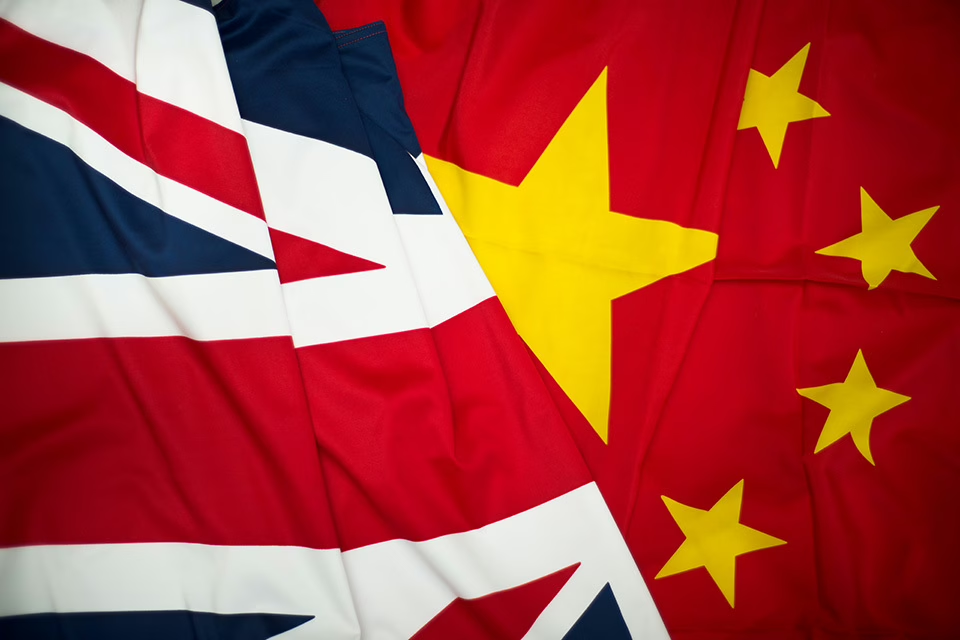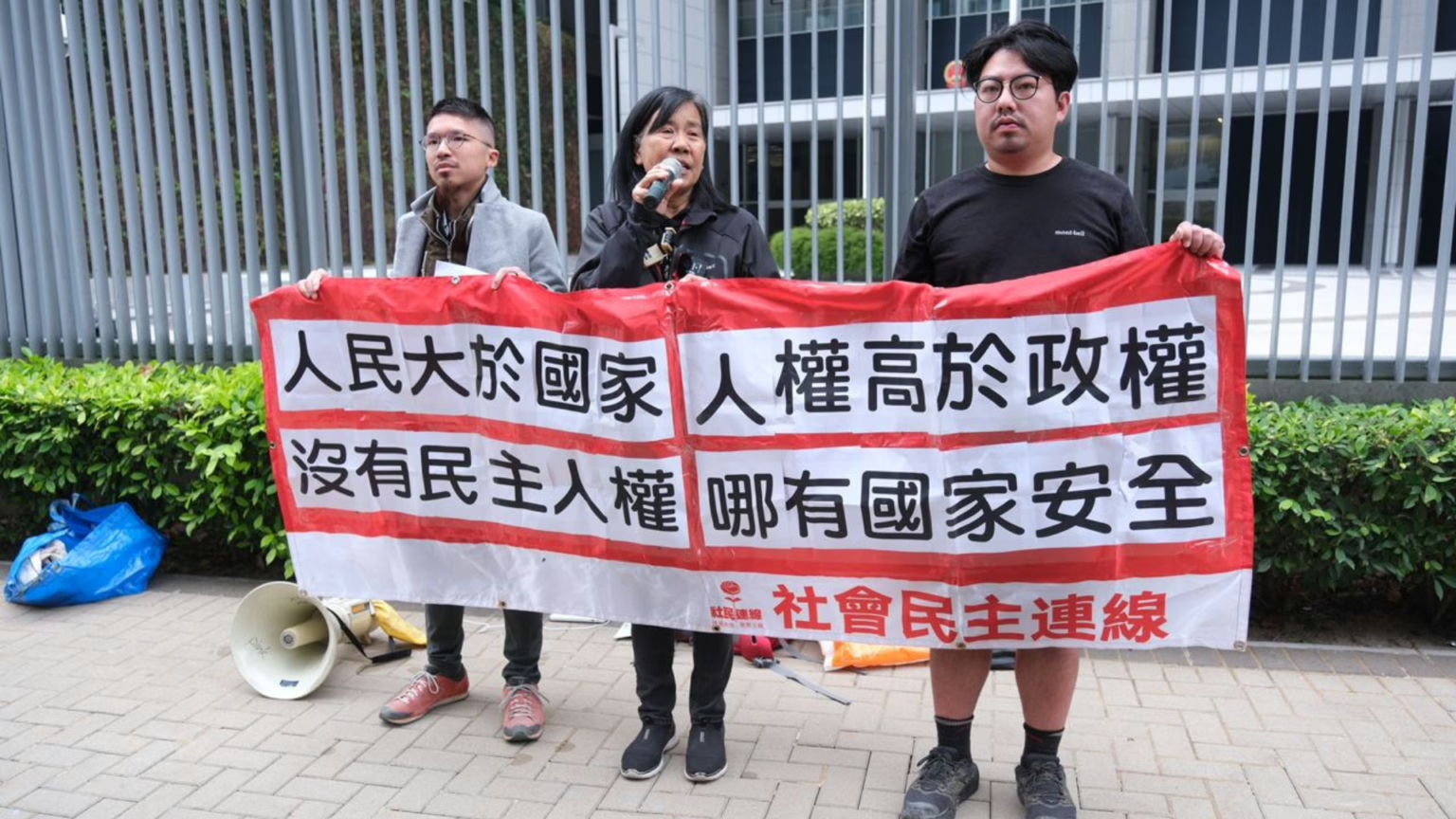Reports of increased Chinese espionage activities in the UK have placed the Labour Government under Prime Minister Keir Starmer in a delicate position, as it seeks to balance national security concerns with the desire to maintain robust trade and investment ties with China. The government has acknowledged the growing threat but has refrained from drastic measures, opting for a cautious approach to avoid jeopardling diplomatic tensions.
Escalating Espionage Concerns
Recent intelligence reports, cited by multiple UK media outlets, indicate a surge in alleged espionage activities linked to the Chinese government. These activities reportedly include cyber operations targeting sensitive government and corporate data, as well as attempts to influence academic and political spheres. The issue has gained prominence following high-profile incidents, including the arrest of individuals suspected of passing sensitive information to foreign entities. Security experts have warned that such activities pose a significant threat to UK national interests, prompting calls for stronger countermeasures.
Government’s Cautious Stance
Despite these concerns, the Starmer government has chosen not to escalate its response with aggressive sanctions or public confrontations. Instead, it has emphasised strengthening domestic cybersecurity and intelligence-sharing with allies while continuing to engage with China on economic matters. A government spokesperson stated, “The UK remains committed to a constructive relationship with China, particularly in trade and investment, while ensuring our national security is protected through robust and proportionate measures.”
This measured approach marks a shift from earlier expectations of a tougher stance, as some within the government and security establishment had advocated for stricter restrictions on Chinese investments in critical infrastructure, such as telecommunications and energy sectors.
Reasons for the Government’s Restrained Approach
The government’s decision to tread carefully can be attributed to several key factors:
- Economic Dependence: China remains a major trading partner for the UK, with bilateral trade valued at billions annually. The government is keen to avoid disruptions that could harm British businesses, particularly in the context of post-Brexit economic recovery efforts.
- Diplomatic Balancing Act: Alienating China could strain broader international relations, especially as the UK seeks to strengthen ties with Indo-Pacific nations. A confrontational stance risks undermining diplomatic efforts in global forums such as the G7 and UN.
- Domestic Political Considerations: With economic challenges dominating public discourse, the government is wary of diverting attention to a high-stakes foreign policy issue that could polarise opinion. Labour’s leadership aims to maintain focus on domestic priorities, such as cost-of-living measures, to bolster public support.
- Intelligence-Driven Approach: Sources suggest the government prefers to address espionage through targeted intelligence operations rather than public measures that could escalate tensions unnecessarily. This includes closer collaboration with Five Eyes allies to counter threats discreetly.
Reactions and Implications
The government’s approach has drawn mixed responses. Security hawks within Parliament and the public have criticised the lack of decisive action, arguing that it risks emboldening further espionage activities. Conversely, business leaders and some Labour MPs have welcomed the pragmatic stance, citing the importance of Chinese investment for job creation and economic growth. Analysts note that the government’s strategy reflects a broader trend of Western nations grappling with how to counter security threats from China without sacrificing economic benefits.
Looking Forward
As espionage concerns continue to mount, the Starmer government faces increasing pressure to articulate a clear strategy. Upcoming parliamentary debates are expected to scrutinise the balance between security and economic priorities, with calls for greater transparency on how the government plans to address the issue. For now, the UK’s cautious approach underscores the complex interplay of security, diplomacy, and economics in its relationship with China.
Discover more from “Bridging Hongkongers. Reporting Truth.”
Subscribe to get the latest posts sent to your email.




